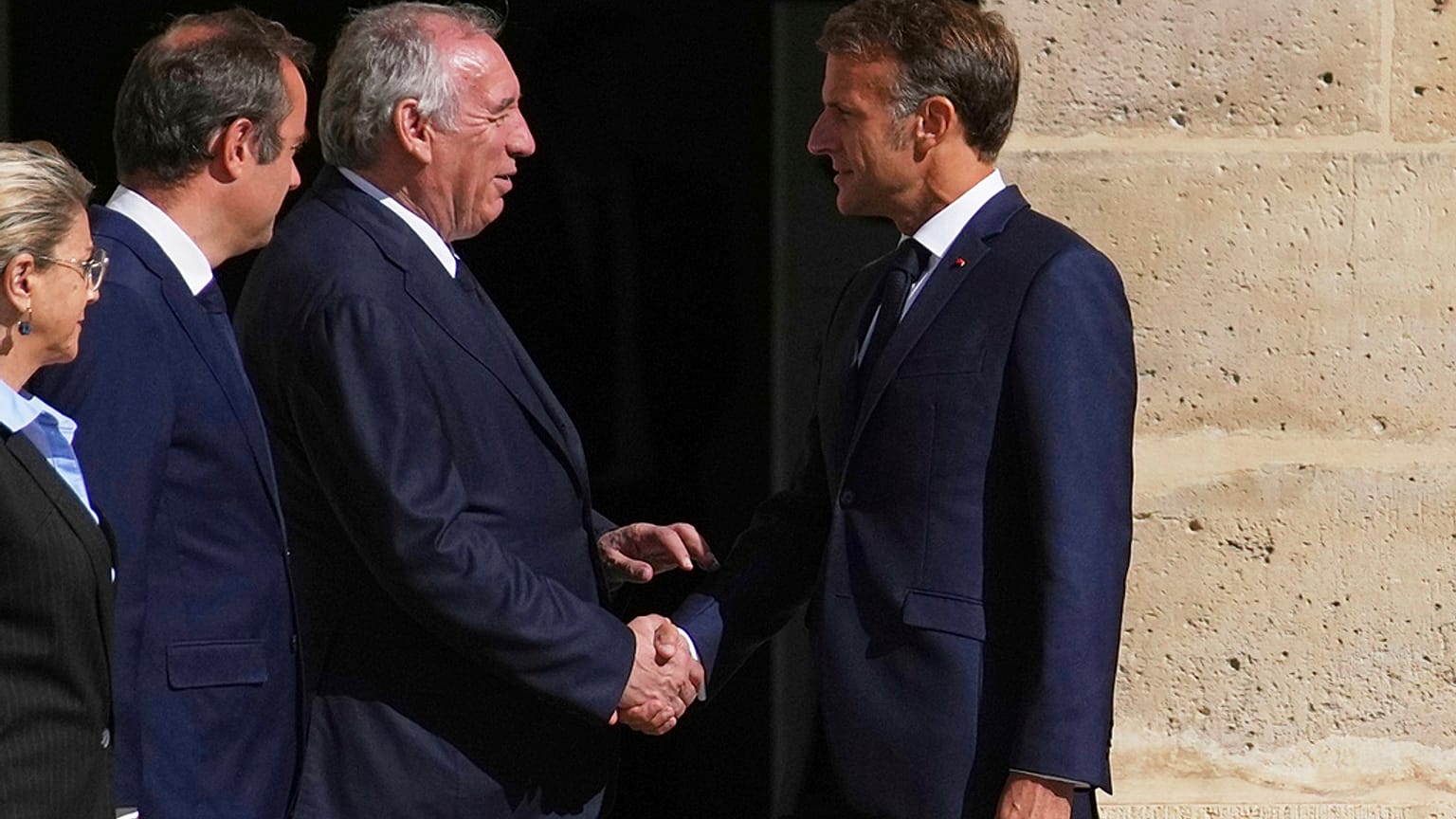Politics
Macron Faces Decision After Bayrou’s Government Collapses

Political instability has gripped France following the collapse of Prime Minister François Bayrou‘s minority government. On March 4, 2024, Bayrou faced a significant setback when he lost a confidence vote in the National Assembly by a margin of 364–194. This defeat compels President Emmanuel Macron to determine the next steps for the French government, which has now seen four prime ministers in less than two years.
The confidence vote was a gamble for Bayrou, who had staked his political future on a proposal for deep spending cuts aimed at addressing France’s soaring public debt, currently exceeding €3.3 trillion, or 114% of GDP. The plan included controversial measures, such as cutting two public holidays, which critics labeled socially unfair. The government’s fiscal deficit stood at 5.8% of GDP in 2023, nearly double the European Union’s 3% limit.
Following the vote, Macron’s office confirmed that he would accept Bayrou’s resignation on March 5, 2024. In the interim, Bayrou will serve in a caretaker capacity, managing only routine governmental functions. France has experienced similar caretaker scenarios twice in the past two years, first between July and September 2024, after the resignation of Gabriel Attal‘s government, and again in December 2024, following the fall of Michel Barnier‘s administration.
Macron is faced with two primary options: appoint a new prime minister who can navigate the complexities of a fragmented parliament, or dissolve the National Assembly and call for snap elections. Although Macron has resisted the latter option thus far, continued political gridlock may force his hand. Should he opt for early elections, they would need to occur within 20 to 40 days of dissolution.
Traditionally, if a single party secures an outright majority in such elections, the president would appoint the leader of that party as prime minister. This practice, known as “cohabitation,” was notable in 1993 when Socialist president François Mitterrand appointed conservative Édouard Balladur after a right-leaning electoral victory. If Macron were to disregard such election results and appoint an ally instead, it could lead to an immediate no-confidence vote.
Speculation about Bayrou’s successor is already circulating, with potential candidates being discussed. The new prime minister will inherit the daunting task of managing a budget in a parliament where no single party holds a majority. Macron, who has pledged to remain in office until the end of his term in 2027, faces the risk of further political paralysis.
In a speech preceding the confidence vote, Bayrou highlighted the urgency of the situation, describing France as a country on “life support” and dependent on excessive spending. With the economy still burdened by significant debt, the next steps taken by Macron and his administration will be crucial in determining the country’s financial and political future.
-

 Entertainment2 months ago
Entertainment2 months agoAnn Ming Reflects on ITV’s ‘I Fought the Law’ Drama
-

 Entertainment3 months ago
Entertainment3 months agoKate Garraway Sells £2 Million Home Amid Financial Struggles
-

 Health2 months ago
Health2 months agoKatie Price Faces New Health Concerns After Cancer Symptoms Resurface
-

 Entertainment2 months ago
Entertainment2 months agoCoronation Street’s Carl Webster Faces Trouble with New Affairs
-

 Entertainment2 months ago
Entertainment2 months agoWhere is Tinder Swindler Simon Leviev? Latest Updates Revealed
-

 Entertainment3 months ago
Entertainment3 months agoKim Cattrall Posts Cryptic Message After HBO’s Sequel Cancellation
-

 Science3 weeks ago
Science3 weeks agoBrian Cox Addresses Claims of Alien Probe in 3I/ATLAS Discovery
-

 Entertainment2 months ago
Entertainment2 months agoOlivia Attwood Opens Up About Fallout with Former Best Friend
-

 Entertainment3 months ago
Entertainment3 months agoMarkiplier Addresses AI Controversy During Livestream Response
-

 Entertainment3 months ago
Entertainment3 months agoMasterChef Faces Turmoil as Tom Kerridge Withdraws from Hosting Role
-

 Entertainment4 months ago
Entertainment4 months agoSpeculation Surrounds Home and Away as Cast Departures Mount
-

 World2 months ago
World2 months agoCole Palmer’s Mysterious Message to Kobbie Mainoo Sparks Speculation




















